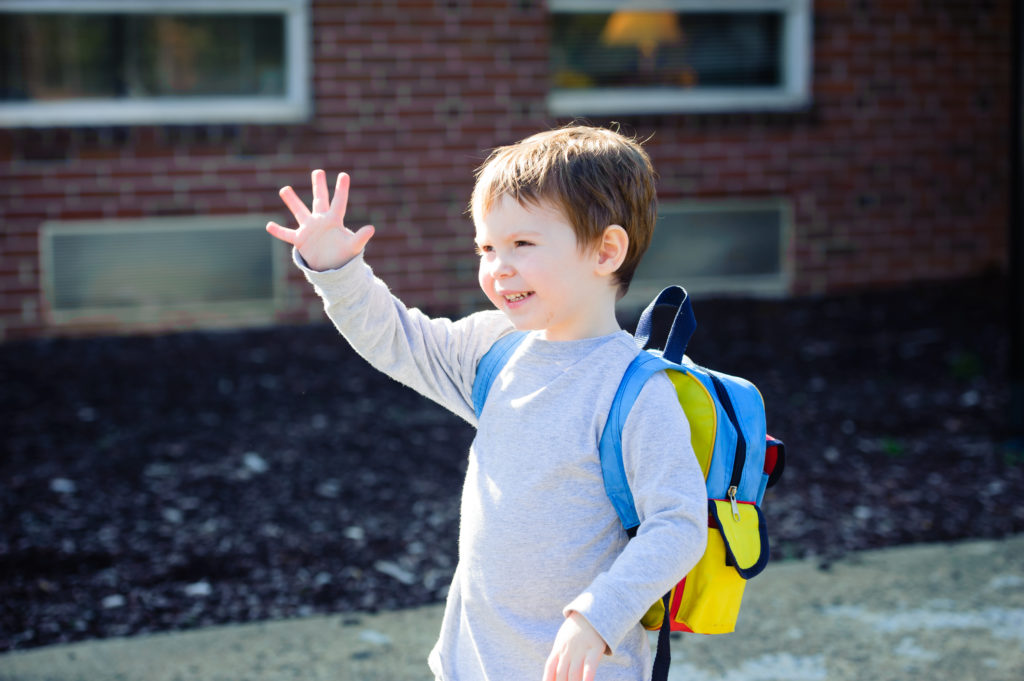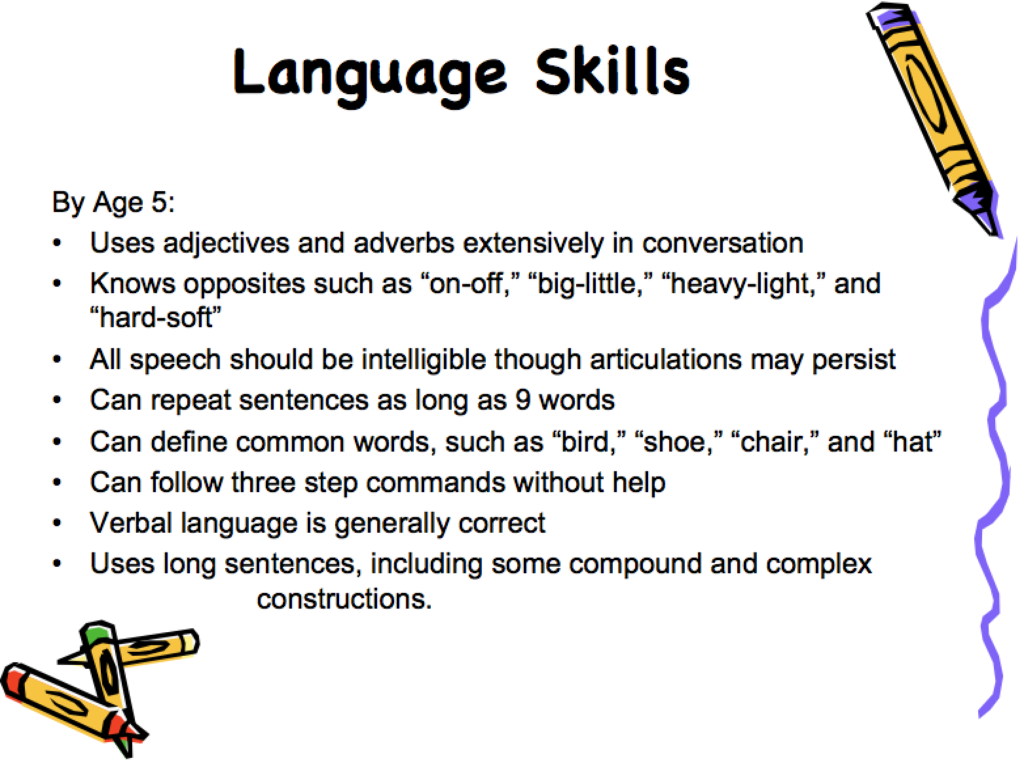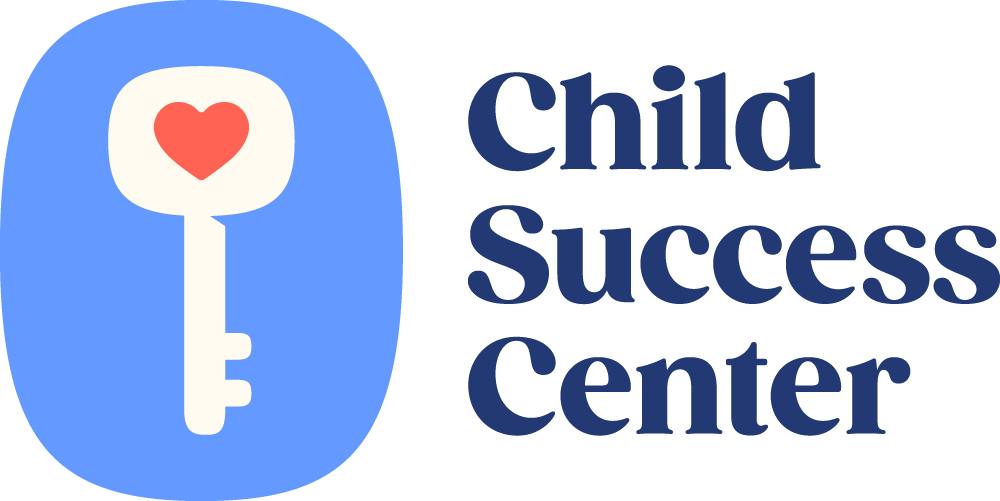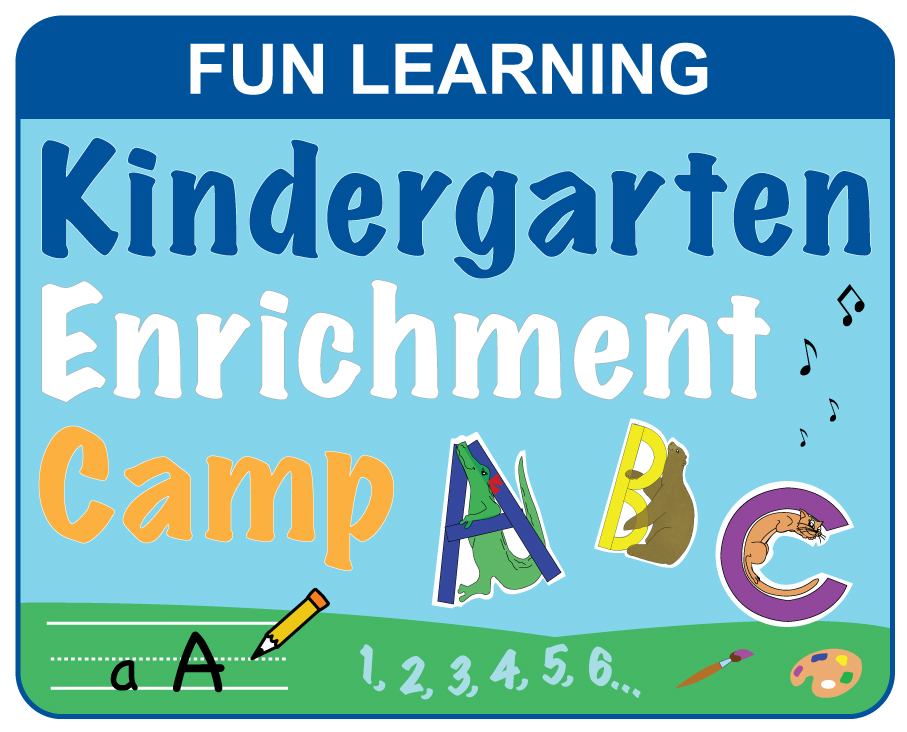Preparing a Child for Kindergarten-What Parents Need to Know
There is more to preparing a child for Kindergarten than many parents might think.

It is only natural for the parent of a pre-schooler to look forward to their child entering Kindergarten with excitement, pride and perhaps a tear or two. They grow up so fast, right? But what do parents really need to know about their child’s “readiness” for Kindergarten? In preparation for a smooth and successful transition to Kindergarten, parents should first take a look at how their child has progressed developmentally.
Age isn’t the answer.
Age is not an exclusive predictor of kindergarten readiness. While most children are developmentally ready to begin school at age 5, developmental strengths and difficulties vary with each child, and they pass through developmental milestones – physical, emotional and cognitive – at different rates.
What Should Parents Look For in Their Pre-K child?
Social/Emotional Regulation (Social Brain Building) – The kindergarten ready child will be able to communicate about thoughts and feelings, needs and wants, and use language to negotiate and problem solve with peers. He/she should be able to stay connected with peers for up to 30 minutes to play reciprocally. He/she will demonstrate independence in personal care. The child should be able to follow three step instructions, understand rules, and that actions have cause and effect. Most importantly, they will be ready to socialize and learn in a group environment.
A child must be able to walk into a situation and be able to observe and listen, then perceive what is expected of them. For example: a child walks into a classroom where other children are sitting and drawing. The child can then conclude that she is expected to sit and draw.
>Learn more about Social Brain Building
Executive Function – The ability to think as a “we” and follow directions, listen, attend, modify behavior and anticipate change, are the building blocks of executive functioning, a set of processes, or neurologically-based skills, that all have to do with managing oneself (mental control and self-regulation) and one’s resources in order to achieve a goal. A solid foundation of Executive Function skills is imperative to all future learning.
>Learn more about Executive Function
Attention – The child should have the core strength and stamina to sit with a calm body, listen, watch, and focus on an activity for 15-20 minutes.
 Pre-Writing Skills – A child’s visual motor integration enables her to draw or reproduce what she sees, and is essential to learning to handwrite. A pre-K child should exhibit consistent hand dominance, dynamic tripod pencil grasp and ease in successful scissor manipulation. They should be able to legibly write their name and multiple upper case letters from memory.
Pre-Writing Skills – A child’s visual motor integration enables her to draw or reproduce what she sees, and is essential to learning to handwrite. A pre-K child should exhibit consistent hand dominance, dynamic tripod pencil grasp and ease in successful scissor manipulation. They should be able to legibly write their name and multiple upper case letters from memory.
Visual Processing/Visual Memory – Allows a child to give meaning to, and see similarities and differences in visual images, recall letter formation, and recognize subtle differences between letters such as “f” and “t”.
Language Skills – Studies show that kindergarten teachers list communication skills as the most important indicator of a child’s readiness for kindergarten. Language development supports socialization, participation and cooperation, literacy and learning.

Literacy Skills – “Phonological awareness” is the awareness of the sound structure of words. For example, recognizing that the word “cat” can be broken down into individual sounds: “c-a-t”. Phonological awareness in kindergarten is the single best predictor of later reading and spelling achievement.
Supporting Parents Preparing a Child for Kindergarten
It is important to note that approximately 1 in 5 children experience one or more challenges with behavior, communication, body movement and learning. While these challenges are common, each child’s root issues can be vastly different. If your child is struggling in any of these areas as the transition to Kindergarten approaches, it would be wise to seek out a consultation or assessment with a pediatric therapist who can get to the root issue and facilitate a program of occupational, speech/language, educational or multi-disciplinary therapy.
What is a Kindergarten Readiness Program?
A Kindergarten Readiness Program is designed, with the individual child in mind, to best prepare him to successfully enter school and joyfully manage the “job of Kindergarten”. Each summer, Child Success Center’s Kindergarten Enrichment Camp helps children grow and acquire skills in areas of social learning, academic learning, gross and fine motor skill development, verbal communication, imagination and creativity. Our program is facilitated by learning specialists that understand different learning styles and can adapt the K-Camp experience to create the “just right challenge” for each child.
Through a social learning lens, mindfulness-based practices allow the camper to explore group dynamics, practice transitions and develop skills to monitor changes in the environment. Skills are added to their toolbox for attending, being present and listening with their whole body, while creating a foundation for emotional balance.
In addition to preparing kids for a successful entrance into Kindergarten, K-Camp is a great time for socializing, making new friends and having summer fun.

